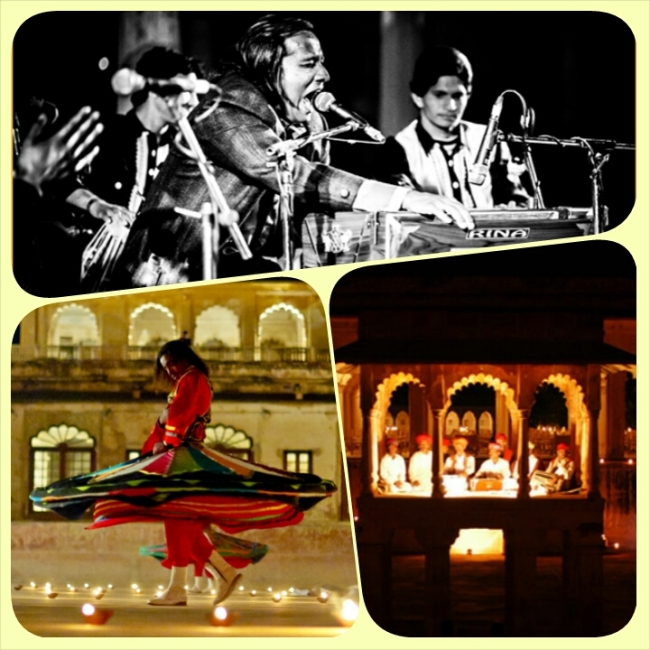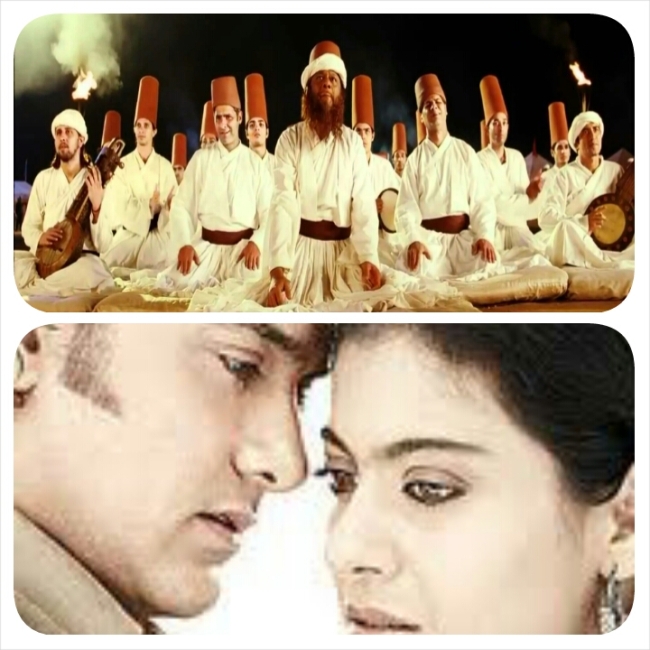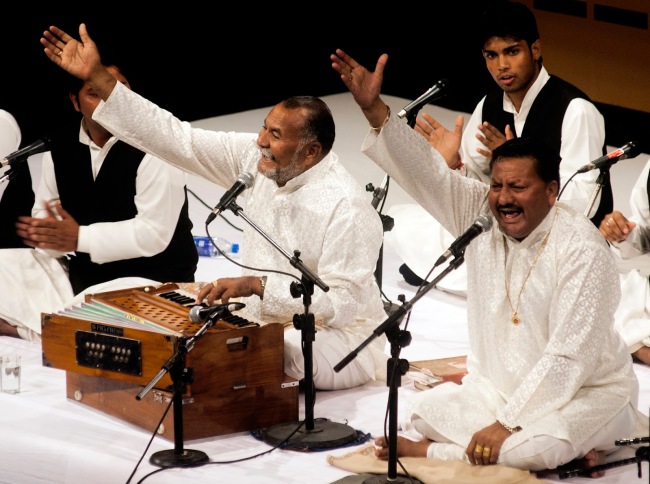
Pandit Shivkumar Sharma is a very famous classical musician who has acquired international fame by playing the classical instrument, Santoor. The Santoor is a trapezoid-shaped hammered dulcimer often made of walnut wood and has 72 strings, which are struck with two delicate carved wooden mallets. The santoor is essentially a folk instrument that originated in the Kashmir Valley, which was given the status of a classical instrument due to the persistent efforts of Pandit Shivkumar Sharma. Reaching at this level in life was not easy for him and it is because of the determination of Shivkumar Sharma that the Santoor is a popular classical instrument. Continue reading “After I finish concert, and I come back to my room, and then I can’t express the kind of joy, the kind of energy that goes in my body”- Pandit Shivkumar Sharma








